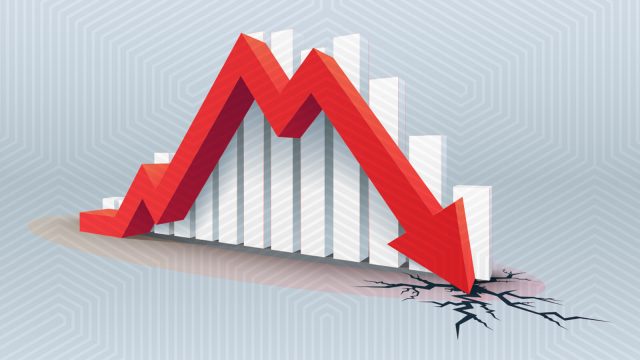When loss-making companies declare dividends
While dividends are associated with favourable returns, some companies declare dividend pay-out even after making net income loss, while other companies do not pay their shareholders dividends even after posting profits.

If you’ve ever spent time with residents of Kericho, Limuru, or Nandi Hills, chances are that they will regal you with so many hilarious stories of how tea farmers spend their dividends every July. You’ll hear stories of how these farmers disappear to Mombasa to spend their dividends in the arms of women they don’t know, or how they go on a drinking spree in local centres until they ran broke leaving their wives languishing in the village. So many profligate stories have been told about dividends, they can’t all possibly be true.
But a dividend is every shareholder’s dream. Whether they are coffee farmers, SACCO members, or mercurial Nairobi Securities Exchange (NSE) investors, dividends are a staple of every income investor’s portfolio.
But what is a dividend?
Dividends are payments of profit made to investors who own a company’s stock. The income is generated from investing in publicly traded companies. This income is a portion of the profits generated by the company that you invest in.
“Dividends are an important concept in stock market investing. They’re so important that some investors center their entire portfolios around them, only purchasing stocks that guarantee annual dividends,” says Genghis Capital Head of Research Churchill Ogutu.
Dividends are a company’s way to return surplus cash to its shareholders. When a company earns a profit, it has several choices. It can reinvest the money for future growth, pay down debt, buy back some of its own stock or distribute it to its shareholders inform of dividends.
Globally, firms like Coca-cola, Colgate-Palmolive, Johnson & Johnson, Proctor & Gamble, and American States Water are considered dividend kings— an elite appellation for a list of companies that have raised their dividends annually for more than 50 years. The other exclusive group of dividend stocks are Dividend Aristocrats. These are stocks that have increased their dividends for at least 25 consecutive years.
While dividends are associated with favourable returns, some companies declare dividend pay-out even after making net income loss, while other companies do not pay their shareholders dividends even after posting profits.
In July, two Kenyan firms that posted net loss in their full-year results pleasantly surprised their shareholders by declaring dividends. The investment firm, Centum, and tea company Williamson Tea announced dividend payout despite posting a net loss of Kshs. 1.37 billion and Kshs. 146 million respectively, for the financial year 2020.
“Dividend payout is a board decision. The board reviews the company’s financial statements and considers the dividend. Usually, they are careful in their consideration making sure that the company retains enough liquidity to meet its financial obligations,” Churchill adds.
“Centum may have made a loss, but they had reserves from previous earnings. They know dividends is a popular way of rewarding shareholders especially in these tough economic environments driven by the fallout from the Covid-19 pandemic,” says Attic Investments Analyst Agnes Lepapa.
However, not all stocks pay dividends.
“Dividends are a great source of return for shareholders, but a company doesn’t need to pay out dividends to be worth investing in. Sometimes, companies exercise caution based on the operating environment,” Lepapa noted.
Equity Bank board, for instance, has over the past two years failed to recommend dividends payout despite the bank posting profits during these times. The Group froze dividend payout as part of its risk mitigation to provide a buffer against uncertainty whilst improving earnings and the return outlook.
“Following the outbreak of the COVID-19 pandemic the Board, after careful consideration, took a conservative approach to preserve capital in the face of prevailing uncertainty. Consequently, the Board adopted both offensive and defensive strategies which included the withdrawal of the declared dividend pay-out for 2019,” said Dr. James Mwangi, Equity Group Managing Director and CEO.
Payment of dividends is an indication of a company’s financial strength and confidence in the future.
